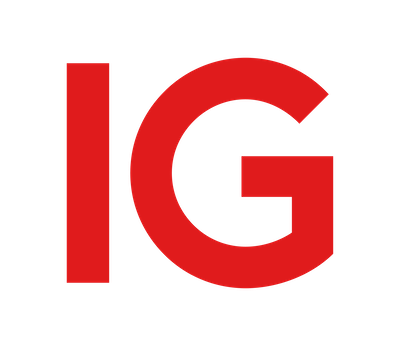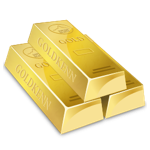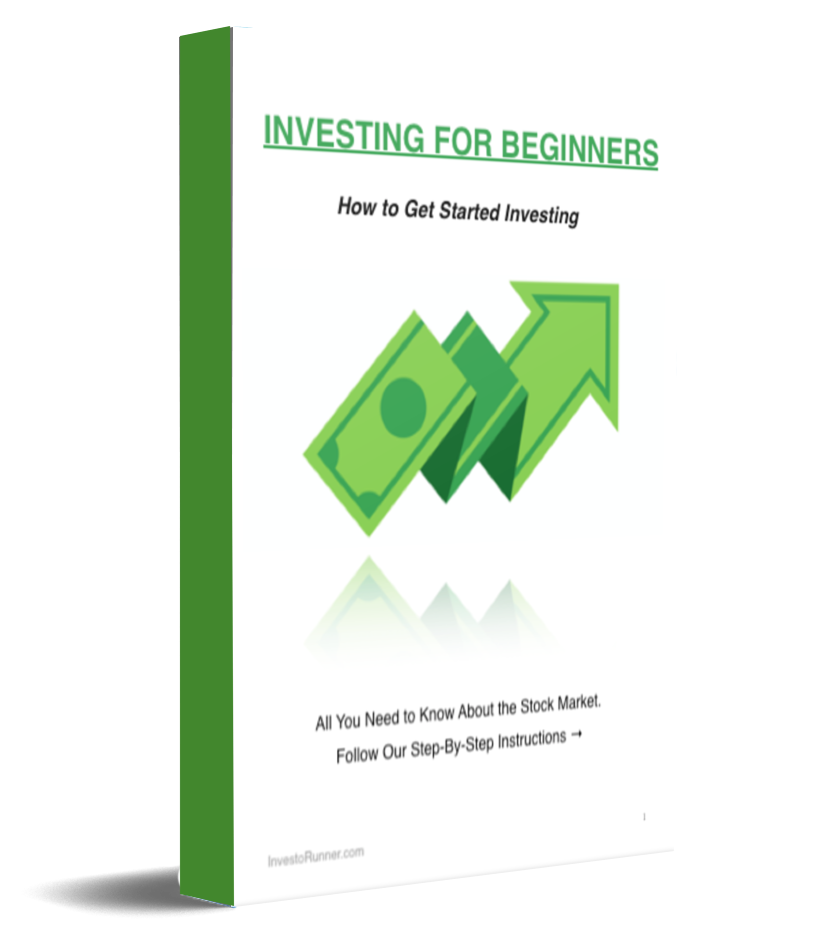The leading
stock market
comparison service
Compare 12 exchanges and 2,000 stocks, currencies and more.

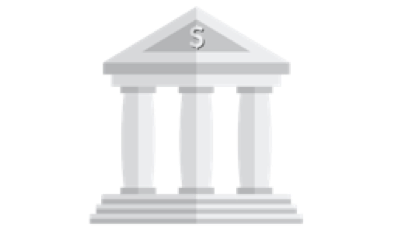 Stocks
Stocks-
 Stocks
Stocks
-
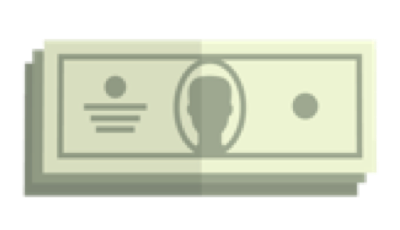 Forex
Forex
-
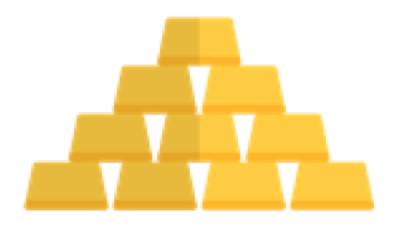 Commodities
Commodities
-
 Crypto
Crypto
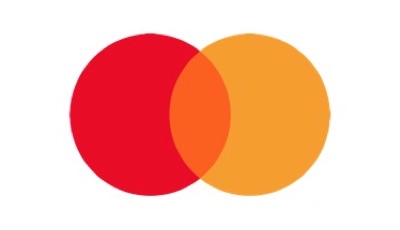 Debit / Credit Card
Debit / Credit Card-
 Debit / Credit Card
Debit / Credit Card -
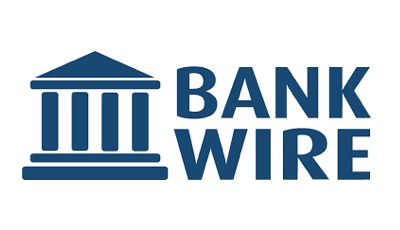 Bank Transfer
Bank Transfer -
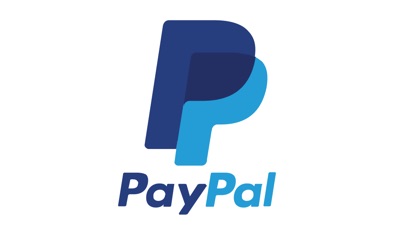 PayPal
PayPal -
 WebMoney
WebMoney -
 UnionPay
UnionPay -
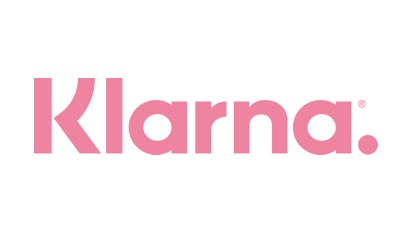 Klarna
Klarna -
 Neteller
Neteller -
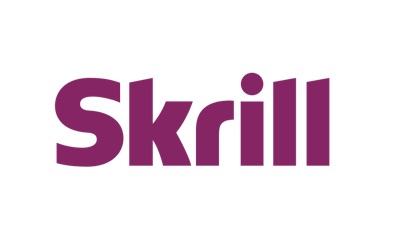 Skrill
Skrill
- $200 – $1,000
- $10 – $200
- $200 – $1,000
- $1,000 – $10,000
- $10,000 or more
* Risk disclaimer: 46% of retail investor accounts lose money when trading CFDs with this provider. You should consider whether you can afford to take the high risk of losing your money.
THE STOCK MARKET - LIVE PRICES
Top 3 Stock Brokers - March 2026
Frequently Asked Questions
If you’re new to investing it can feel overwhelming. There are thousands of stocks and mutual funds to choose from. But it doesn’t have to be complicated. We help you compare and choose the best stockbroker. 1: Open an account. 2: Deposit money. 3: Buy an index fund. This is a fund that contains all the stocks on the stock market and is recommended for beginners.
This is a common question. It can also be an excuse not to start investing your money: “I have no money to invest.” The important thing is not what amount you invest, but that you start investing, regardless of whether it’s $10 or $1,000. As investments increase in value over time, it’s important to start as early as possible. Therefore we recommend to save and invest money every month. The question is instead: What percentage of your salary can you save each month? Almost everyone can save 10% of their salary every month. But there are some with very low expenses that can save up to 50% of the salary. It all depends on your situation.
This is not an easy question to answer. There is no straight answer to the question, the answer depends on who is asking. All people have different time horizons, risk profiles, and knowledge.
- Do you want to invest money for 1-3 years? In that case, it’s risky to only own stocks. The stock market goes both up and down, especially in the short term. In this case, it is recommended to spread the risk with several assets such as fixed income products, gold, or a savings account with interest.
- Do you want to invest money for 5 years or longer? In that case, it’s always recommended to buy stocks. There is no point in opening a savings account with a 1% interest when inflation is 2% per year. This means that your money is guaranteed to decrease in value.
The stock market can go up and down quickly. This is because there are many factors that affect the price of stocks. For example, the price of a stock can go up and down when the company reports its profit and earnings. But the price can also move a lot between earnings, depending on news and market expectations. The value of a company is based on expectations of future revenue. In other words, if the market has different opinions about the company’s future income, the stock will move more.
When there is a rising trend in the stock market with increasing prices, it is called a “bull market”. But if there is a declining trend of decreasing prices, it is called a “bear market”. These metaphors are used since the bull attacks with the horns upwards and the bear attacks with the claws downwards. These are common terms used in the stock market.
All people need a savings account. It is common to use a savings account as a buffer saving. This is important in case of unexpected expenses or anything else. A buffer of 1-3 monthly salaries is usually recommended. However, if your buffer savings are in a regular bank account, you will not be paid anything. In that case, you should open a savings account with interest. Remember to choose a savings account without binding time if you’re going to use it as a buffer. Otherwise, you can’t use the money when needed.
A common term in the stock market is “day trading”. As the name suggests, it means opening a position and closing it before the day is over. In other words, a day trader buys stocks or other securities and tries to sell them for a higher price during the same day. That way, you can make money on the stock market. You usually look at technical analysis and news to find trades. However, day trading is not something that we recommend for beginners, it requires both knowledge and experience.
An index consists of a certain number of stocks or securities. When you read that the stock market has gone up or down, it is actually an index of certain stocks they are talking about. There are also different types of indices in different countries, markets, and specific sectors. This is important to know so you compare the performance of your stock portfolio with the right index. As an example, let’s say your stocks have returned 10% in the past year. Is this considered good or bad? To answer that question, we need to look at a benchmark index. In this example, the U.S. stock market, that is the “S&P 500 Index”, has risen 15% in the same period. This means that your stock portfolio has given a 5% lower return compared to the stock market. In other words, if you bought an index fund, you would have made more money.
CFD (Contract for difference) is a contract that follows the value of an underlying asset. In other words, you can buy a CFD product that reflects the price of, for example, stocks and commodities. There can be various reasons why you choose to trade CFDs instead of ordinary stocks. But it tends to be more flexible, providing access to multiple markets, leverage, short selling, and the ability to buy fractional shares. There are many CFD brokers on the market but in general, these brokers are for people who are active and experienced. For beginners, we recommend buying real stocks.
In the comparison table under the services column, you will see different descriptions:
- “Broker” means that they offer normal trading with stocks and securities.
- “CFD” means that they only offer to trade with CFD products. These are products for active traders.
- “All-in-One” means that they offer trading with both stocks as well as CFD products.
When you sell a share at a profit, you need to pay capital gains tax. However, this is usually lower than your regular tax rate. How much you have to pay varies depending on the country. In the U.S the capital gains tax is between 0-20%. In the U.K. you pay between 10-20% in capital gains tax. While in Canada the capital gains tax is as high as 50%. Be sure to read the rules that apply in your country and state.


